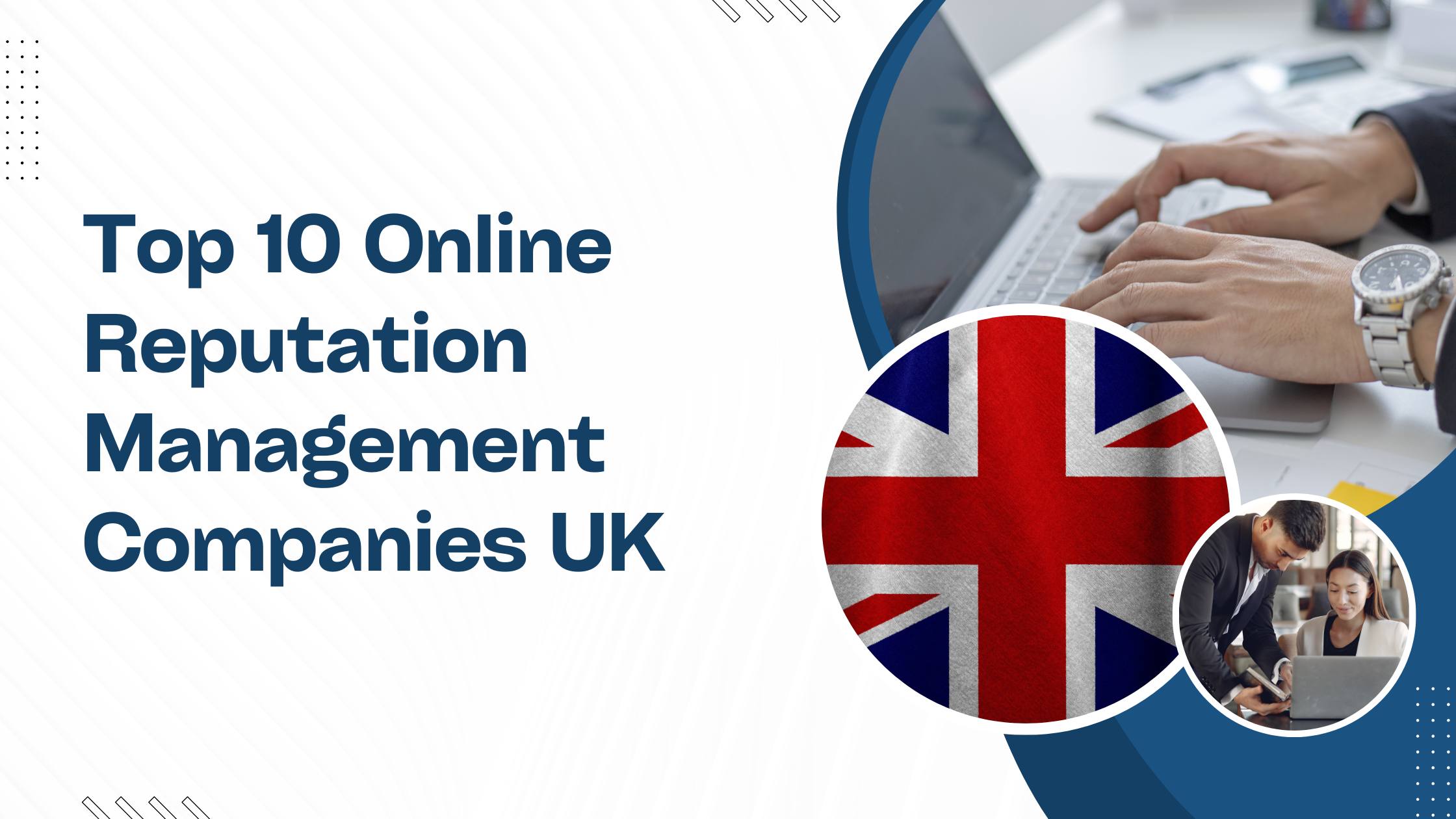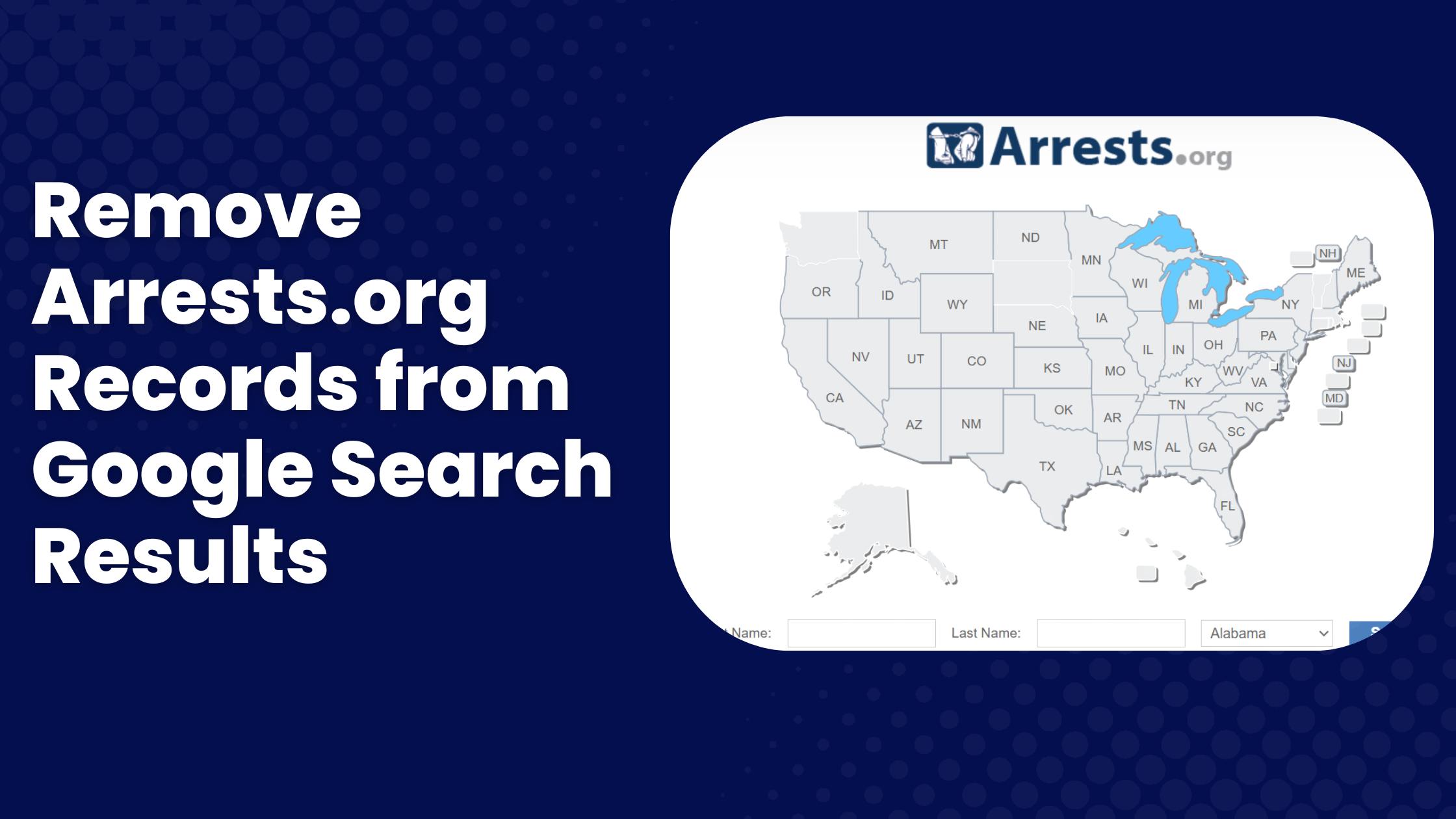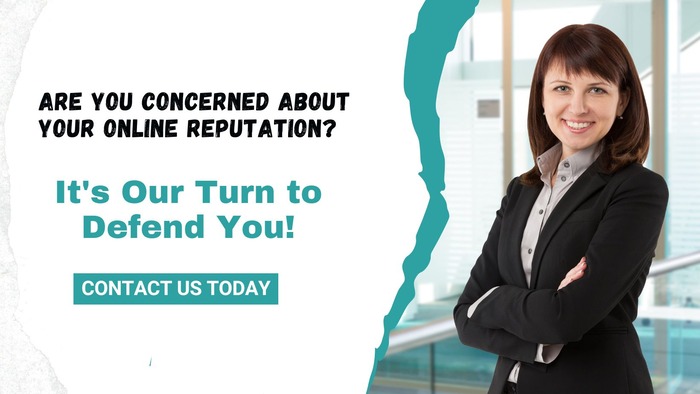The digital world has brought revolutionary advancements to the way we communicate, conduct business, and present our identities to the world. However, this online environment comes with its unique set of challenges—one of the most pressing issues is the existence and longevity of negative information on the internet. For individuals and brands alike, a single negative news story, bad review, or even a misleading rumor can have profound and lasting consequences. The question many ask is: Is it truly possible to erase negative links from the internet permanently?
This blog is an in-depth guide of this vital issue. We’ll explore the roots and repercussions of negative online content, discuss realistic removal possibilities, tactics for when removal isn’t feasible, and how online reputation management (ORM) firms are redefining damage control in a rapidly changing digital landscape.
Table of Contents
- Impact of Negative Information Online
- Why Does Negative Information Appear Online?
- Is Permanent Removal of Negative Information Possible?
- Cases Where Removal is Possible
- Cases Where Removal is Not Possible
- Proceed Carefully
- What If Removal Isn’t Possible?
- Why Search Engine Rankings Matter
- Importance of Choosing the Right ORM Company
- How ReputaForge Sets Itself Apart
- Conclusion
- FAQs
Impact of Negative Information Online
The availability of negative information online can have devastating effects on a person’s or brand’s public image. It isn’t uncommon for a single low-rated review or unfavorable article to climb up Google’s search results, outsizing its actual impact but causing significant real-world harm. For businesses, it can mean lost contracts, declining sales, and broken trust with potential clients. For individuals, it might translate into missed job opportunities, strained relationships, or unwarranted suspicion.
The digital realm never sleeps. Once negative content is indexed by search engines, it is accessible to anyone, anywhere, at any time. What’s more, internet memory is long, and content that was posted years ago can resurface at key moments—rendering “out of sight, out of mind” an obsolete strategy for online reputation repair.
Why Does Negative Information Appear Online?
Understanding the origins of negative links is the first step toward addressing their presence:
- News Websites’ Reporting: Reputable media outlets frequently report on controversial or news-worthy events, which may concern individuals or businesses. Such reports, regardless of future developments, often remain online indefinitely.
- Competitors or Adversaries: At times, rivals or even personal enemies generate or promote negative content to gain a competitive edge or settle personal scores. These attacks may be subtle or explicit, and their intent is seldom positive.
- Public Legal Proceedings: Information regarding court cases—be it ongoing litigation, criminal charges, or civil disputes—often finds its way online. The reporting of legal matters, even if the accused is later acquitted, can linger in the public domain.
- Scandals and Scams: Any alleged or real involvement in a scam, regardless of direct involvement, can swiftly become public knowledge and persist long after the truth is clarified.
- Criminal or Police Cases: If you have ever been involved in a legal process or have had mugshots taken, these can be posted and perpetuated by both official and unofficial sources.
- Reviews/Feedback: Negative customer feedback, whether justified or not, is easily shared and amplified across multiple platforms—carrying more weight than positive endorsements in the public eye.
- Extortion Attempts: In today’s online ecosystem, scammers may create or highlight negative content as a means to intimidate or extort money from their targets.
Is Permanent Removal of Negative Information Possible?
A common belief is that the internet is forever—but is that strictly true? The answer is nuanced.
Cases Where Removal is Possible
In some circumstances, permanent removal of negative information from the internet is achievable, though often it requires persistent effort and, in certain situations, legal intervention:
- Court Vindication: If a court has ruled in your favor and declared you innocent, you may be able to approach the hosting website to request content removal, substantiating your claim with official documentation. Some media outlets honor such requests, especially when the negative content is demonstrably misleading or outdated.
- False or Defamatory Content: If negative information is demonstrably fake, defamatory, or based on fabrications, legal remedies (such as a DMCA takedown notice or a defamation lawsuit) may be effective. In such cases, publishers can be compelled to delete the offending material.
- Direct Appeals: Sometimes, simply reaching out to the publisher or website administrator with a courteous yet firm request—backed by evidence of factual inaccuracy or harm—can result in content removal.
- Resolved Client Issues: Addressing customer complaints head-on, fixing product or service issues, and asking the dissatisfied client to amend or remove their review can sometimes result in user-generated negative content being deleted.
Cases Where Removal is Not Possible
Unfortunately, certain situations make permanent removal nearly impossible:
- Enemy-Orchestrated Content: When adversaries create negative content and refuse to cooperate, especially if they control the content directly, getting it removed can be prohibitively difficult.
- News Websites’ Archival Policies: Most major news outlets have strict archival policies and do not delete content, regardless of outcome or context. They might issue a correction or update, but the original story usually remains.
- Factual Crime Reports: Articles and postings about real criminal cases—even if outdated—are generally considered public record and are unlikely to be deleted.
- Volume of Content: If there is a high number of negative links due to widespread reporting, multiple sources, or viral dissemination, erasure is nearly impossible, as content quickly propagates and is cached on various platforms.
Proceed Carefully
Regardless of your eligibility for removal, it is vital to act with care and strategic foresight. Impulsive or poorly-judged responses—such as angry emails, threats, or transparent manipulation attempts—can easily backfire. Often, victims unintentionally give negative content more visibility and credibility by engaging with adversaries or arguing their case in public comments, which then becomes fodder for further negative reporting.
What If Removal Isn’t Possible?
Facing an immutable negative link on the top pages of Google may seem like a nightmare. However, while removal is not always an option, suppression and management are powerful alternatives.
Search engines have a finite number of top results. The goal is to populate search results with positive or neutral content, effectively pushing negative links off the first few pages where they will attract less attention. This is the essence of online reputation management (ORM).
Why Search Engine Rankings Matter
Even a single negative review or article, if highly ranked, can overshadow a multitude of positive achievements. This is where ORM becomes a crucial ally for individuals and brands intent on maintaining a favorable online image. Not managing your online reputation can:
- Affect your credibility and trustworthiness.
- Directly influence sales and business partnerships.
- Damage long-term branding efforts.
- Cause severe emotional distress and professional setbacks.
Importance of Choosing the Right ORM Company
With the stakes being so high, the choice of an ORM partner is as critical as the steps you take. Reputable ORM companies can help repair online reputation by promoting positive content, suppressing negative results, and advising on digital hygiene. However, not all ORM firms are equal.
- Many well-known ORM companies charge exorbitant fees or unnecessarily prolong campaigns.
- Some unethically disclose client details via case studies, violating privacy and fueling further negative coverage.
- The wrong partner may deliver no results, or worse, exacerbate the problem.
How ReputaForge Sets Itself Apart
At ReputaForge, we understand the nuances and urgency of rebuilding reputations. Our approach is both strategic and client-centric, emphasizing discretion, efficiency, and effectiveness.
Pre-ORM Analysis: Laying the Groundwork
We begin with a thorough Pre-ORM Analysis to:
- Audit Negative Links: Assess how many negative links exist, their longevity, and their authority (using metrics like DA/PA and update frequency).
- Analyse Search Terms: Identify the exact keywords for which negative links rank prominently.
- Catalogue Positive Assets: Examine the availability and strength of existing positive digital content that can be leveraged.
- Estimate Effort and Timeline: Clearly articulate the steps, resources, and timeframe required to push negative links off the top 10 or 20 Google results.
Transparent Progress and Confidentiality
We firmly believe in keeping our clients informed at every stage. Progress reports are shared biweekly and monthly, accounting for every noticeable shift in your online image. Unlike other companies, we vow never to expose client identities or use sensitive cases as marketing material—ensuring your privacy remains sacrosanct.
Affordable and Custom-Tailored Solutions
Our pricing model is designed to make high-quality ORM accessible, without secret markups or hidden agendas. Every campaign is custom-tailored, reflecting the complexity and scope of the specific case, and carried out in the strictest confidence.
Unmatched Support
We remain available throughout the campaign, ready to answer your queries, adjust strategies as necessary, and ensure you understand each step.
Conclusion
While the internet can feel unforgiving, hope is not lost for those affected by negative links. Though permanent erasure is sometimes impossible, a combination of thoughtful removal attempts and powerful suppression tactics can yield impressive results. The digital world is dynamic—and with the right partner, your online reputation can be rebuilt, preserved, and protected for years to come.
FAQ
Q1: Can I delete all negative information about me online forever?
While it’s possible in some cases (for example, if the information is false or you are legally vindicated), many negative links—especially those on news sites or relating to public records—are nearly impossible to erase. The focus then shifts to suppression and management.
Q2: What are the risks of trying to remove negative content on my own?
Direct, poorly-planned contact with content publishers or attackers can inadvertently make things worse, for example, by publicizing your attempts or adding your messages to the content itself.
Q3: How long does it take to see results from ORM?
Timelines vary depending on the case complexity, the strength of negative links, and the volume of existing content. Our initial analysis at ReputaForge outlines an estimated timeframe for your specific situation.
Q4: How much does ORM cost?
Costs vary widely. Some well-known firms charge very high fees, but at ReputaForge, our solutions are tailored to your case and priced to ensure accessibility and transparency.
Q5: Why should I choose ReputaForge?
We prioritize your privacy, act swiftly, provide clear reporting, and ensure you always have access to progress updates—delivering results efficiently and ethically.
Managing your online reputation is no longer optional—it’s an essential component of personal and professional success in the digital era. With diligent strategy, expert guidance, and continual monitoring, you can regain control of your narrative—and ensure that your best side is the one that truly stands out.






